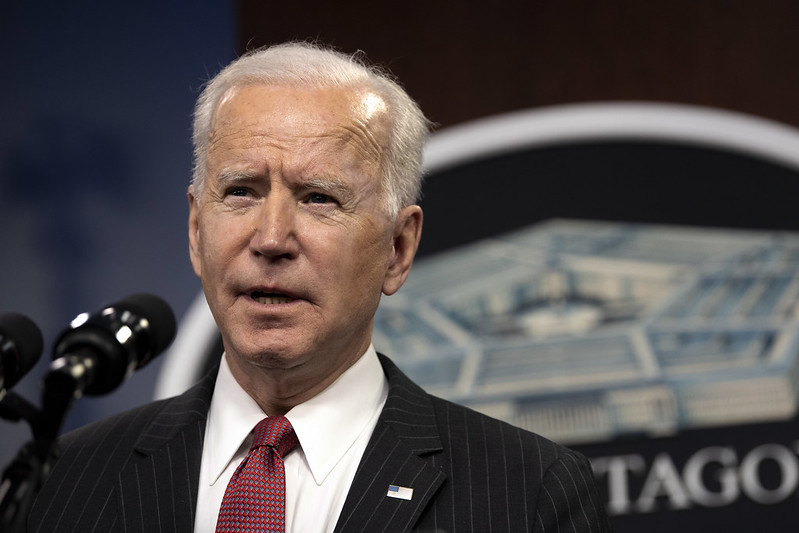The exact quantity within the $147.5m package remains unspecified, but it is anticipated to involve thousands of bombs.
The Biden administration has taken a decisive step by bypassing Congress to approve an arms sale to Israel.
The move marks the second such action within a month, representing the administration’s commitment to Israel as its biggest ally.
US Secretary of State Antony Blinken informed Congress of his decision to make a second emergency deal, facilitating a $147.5 million sale of critical equipment to Israel.
The State Department underscored the urgency of this decision, citing Israel’s immediate “defence” requirements against the threats it faces. This package primarily includes ancillary items essential for operationalising previously purchased 155mm shells, encompassing fuses, charges, and primers.
The use of an emergency determination, though rare, has precedents in at least four former US administrations. This mechanism effectively circumvents the usually protracted congressional review process associated with foreign military sales.
Additionally, Israel’s acquisition of 155mm M107 projectiles, artillery shells capable of significant destruction in densely populated areas like Gaza, has been reported by Al Jazeera. The exact quantity within the $147.5m package remains unspecified, but it is anticipated to involve thousands of bombs.
This development follows closely on the heels of a previous emergency determination made on December 9 by the Biden administration. This earlier decision approved the sale of nearly 14,000 rounds of tank ammunition to Israel, valued at over $106 million.
The recent actions of the US have drawn criticism from Basem Naim, a senior Hamas official.
Naim has publicly condemned the US’s involvement, holding the Biden administration accountable for what he describes as a direct role in the ongoing conflict.
Simultaneously, the Biden administration faces internal challenges, as its proposal for a substantial $106 billion aid package, encompassing support for Ukraine, Israel, and other “national security” interests, remains mired in Congressional debates over immigration and border security policies.
Despite these controversies, the administration has defended its stance.
However, this stance has been met with skepticism amid reports of widespread destruction in Gaza, likened by The Wall Street Journal to some of the most devastating modern warfare.
As reported by mid-December, Israel’s military response in Gaza has been extensive, with 29,000 bombs, munitions, and shells deployed, severely impacting civilian infrastructure.
There has been over 21,000 deaths, predominantly women and children, since October 7.
Philippe Lazzarini, head of the UNRWA, highlighted severe restrictions on humanitarian access by Israeli authorities, accusing them of disseminating misinformation about aid delivery.
UN Secretary-General Antonio Guterres has also issued a stark warning about the potential regional escalation of the assault, calling for immediate cessation to prevent further destabilisation.







